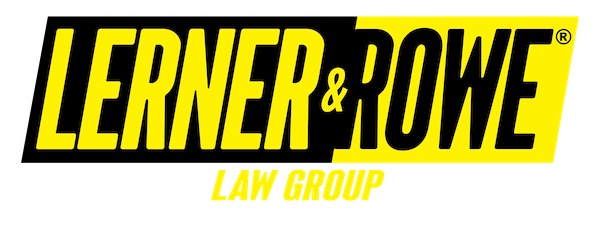
If you are drowning in debt, bankruptcy may be the solution to your financial woes. Individual debtors can file a Chapter 7 or Chapter 13 bankruptcy. As a result, if you are seeking a fresh start and many of your debts qualify for discharge, Chapter 7 may be right for you. However, if you are financially able to pay part of your debts, you may have to file Chapter 13. But, part of your debts may still be dischargeable. An Arizona bankruptcy attorney can help you decide which type of bankruptcy is right for you and which debts are eligible for discharge.
Chapter 7 Versus Chapter 13
A Chapter 7 bankruptcy will discharge most types of unsecured debt, but the law may require you to pay for or give up property listed on secured debts. You may also have to surrender nonexempt property to pay creditors. You keep exempt property and receive a permanent release from obligations to repay your remaining dischargeable debts.
Under Chapter 13, you will not get rid of all your debt. Instead, you set up a repayment plan that usually lasts between three and five years. When this time expires, many of your unsecured debts are then discharged. You will not have to liquidate property under Chapter 13.
Both types of bankruptcy require preparing many forms and navigating tricky legal issues. An Arizona bankruptcy attorney can help you successfully complete all requirements.
Dischargeable Debts
Discharging a debt means you are no longer under legal obligation to repay the debt. In addition, the creditor can no longer take collection actions against you. Most unsecured debts and certain secured debts are eligible for discharge. The U.S. Bankruptcy Code details what is dischargeable and 19 categories that cannot be discharged. Barring any misconduct or fraud on your part, some of the most common dischargeable debts include:
- Credit card debt
- Revolving charge accounts
- Collection agency accounts
- Medical bills
- Past due utility bills
- Auto accident claims, if not DUI-related
- Past due rent
- Civil court judgments
- Personal loans from individuals
- Lastly, overpayments of government benefits
Some secured debts may also be dischargable. For example, if you surrender property securing a debt, the debt is usually eligible for discharge.
Non-Dischargeable Debts
You can eliminate many of your debts in a bankruptcy, but certain obligations are non-dischargeable. Some common exceptions for discharge include:
- Money owed for child support, spousal maintenance, alimony or other family support obligations.
- Tax debts, with the exception of taxes that were due at least three years prior to filing bankruptcy, tax returns filed at least two years before filing bankruptcy and tax liabilities assessed by the IRS more than 240 days prior to filing bankruptcy.
- Student loans, unless you can prove an undue hardship, which is extremely difficult.
- Debts not listed on your initial bankruptcy petition or added through an amendment in a timely manner.
In some cases, debts normally dischargeable may not be able to do so. These include debts you incurred in anticipation of filing bankruptcy that you may have had no intention of repaying, such as debts incurred 90 days prior to filing bankruptcy for luxury items or services in excess of $675, or cash advances of $950 or more you withdrew within 70 days of your filing date.
Hire a Top Arizona Bankruptcy Attorney
If you are contemplating bankruptcy, contact an experienced Arizona bankruptcy attorney at Lerner & Rowe Law Group. We offer free consultations and affordable payment plans. Visit our office from 8 AM to 5 PM, use our online LiveChat, or call us anytime 24/7 at 602-667-7777.

